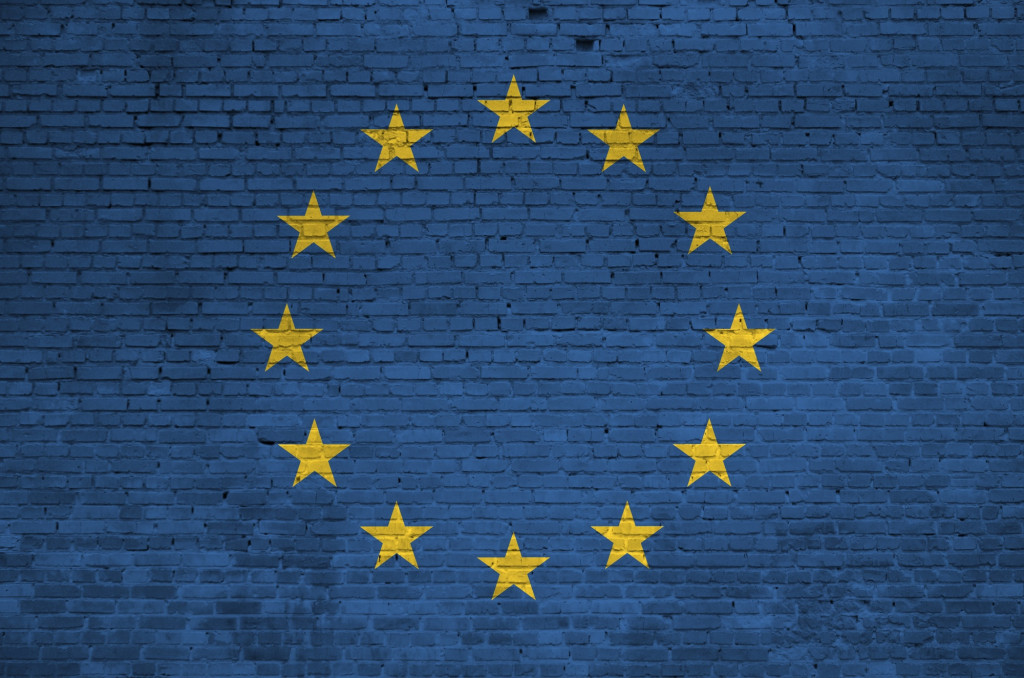EU Council calls for stronger action on gender equality in the digital age
The EU Council has urged member states to strengthen gender equality in the digital age, focusing on the risks posed by artificial intelligence and online violence. The conclusions call for action against bias in AI systems, stronger protections against digital abuse of women and girls, and continued prioritization of gender equality in future EU policies.

The Council of the European Union has called on member states to step up efforts to ensure gender equality in the digital era, with a particular focus on the risks and opportunities posed by artificial intelligence (AI). The new conclusions highlight concerns about bias, discrimination, and digital violence, especially against women and girls.
Polish Equality Minister Katarzyna Kotula, speaking on behalf of the current presidency, said tackling technology-driven gender inequality is essential: ‘We must take measures specifically addressing the risks and dangers posed by AI and the digital world, as well as seize the opportunities.’
Technology and gender-based violence
The Council’s conclusions stress that online abuse is a growing problem, particularly for women in positions of power, young women, and those from minority backgrounds. This type of violence reduces women’s participation in public life and undermines equality. Member states are urged to ensure their national strategies against gender-based violence also cover online harassment and abuse.
Gender bias in AI systems
AI systems, when trained on incomplete or biassed data, can produce discriminatory results. The Council calls for measures such as better-quality datasets, human oversight, and compliance with anti-discrimination rules. While acknowledging the risks, the Council also notes AI’s potential: when used responsibly, AI could be less biassed than humans and could help detect discrimination by analysing large volumes of data.
Involving men and addressing online misogyny
The Council expressed concern about rising online misogyny and the widening gap between young men’s and women’s views on gender equality. It calls for research into online misogynistic networks and stresses the importance of engaging men and boys in efforts to combat inequality.
Keeping gender equality a priority
The Council has asked the European Commission to continue making gender equality a central priority during its current term. This includes ensuring online platforms cooperate to improve women’s safety, and integrating gender perspectives into all future EU policies, particularly in the implementation of the Artificial Intelligence Act, the Digital Services Act, and upcoming strategies on AI and STEM education.
Why this matters
Gender equality is a fundamental principle of the EU, set out in its treaties and the Charter of Fundamental Rights. Today’s conclusions build on existing legislation, including the EU’s Directive on combating violence against women, the Digital Services Act, and the recently adopted AI Act. Civil society groups argue that without concrete implementation, legal protections risk remaining symbolic, and the Council’s call is seen as a way to ensure that equality in the digital age becomes a reality.


